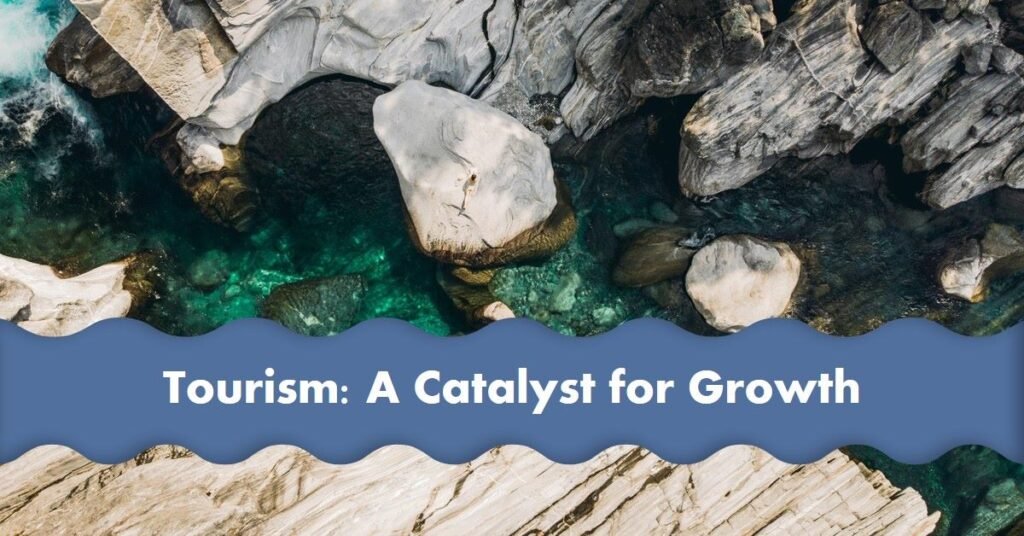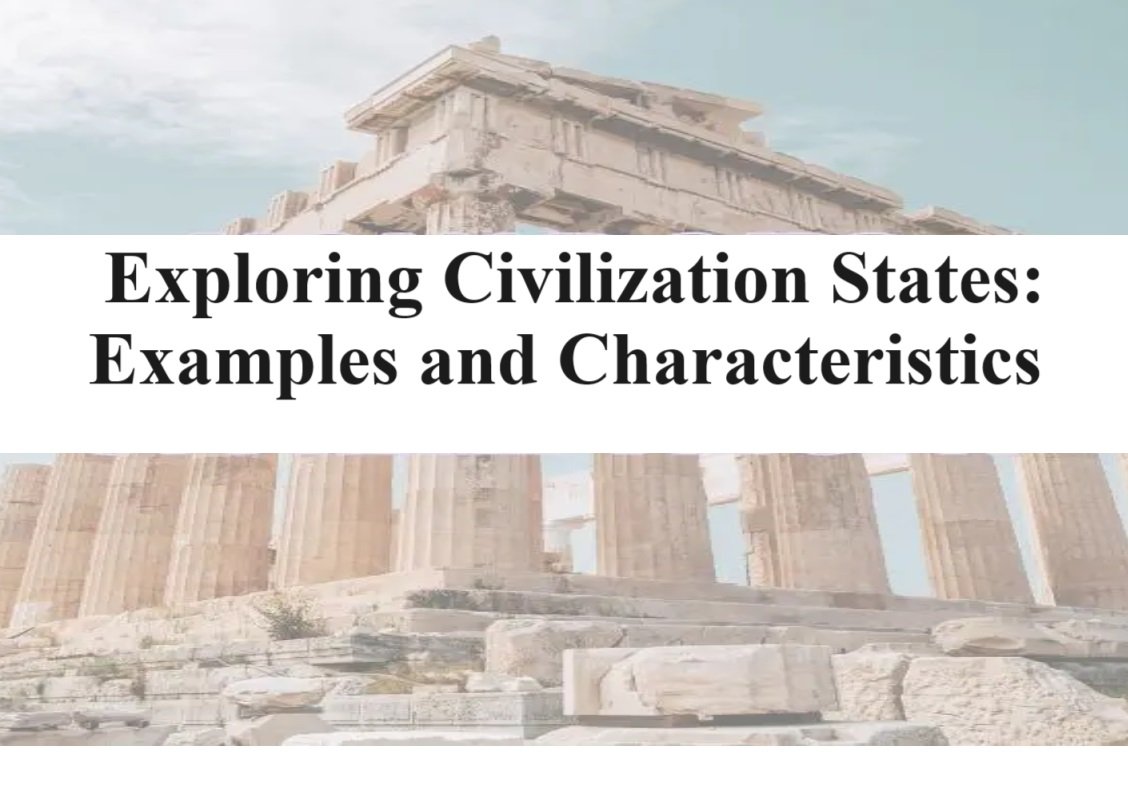Tourism as a Tool for Socio-Economic Development
Tourism has emerged as a powerful tool for driving socio-economic development around the world. It has the potential to contribute to economic growth, alleviate poverty, promote sustainable development, conserve the environment, develop infrastructure, foster cultural exchange and understanding, and enhance community well-being. In this blog post, we will explore how tourism can play an imp role in these various aspects of development.
Economic Growth
Tourism has the ability to stimulate economic growth by generating revenue, creating job opportunities, and attracting investments. When tourists visit a destination, they spend money on accommodation, food, transportation, and various other goods and services. This spending boosts the local economy and creates a ripple effect, as businesses in the tourism sector expand and create more employment opportunities. Additionally, tourism can encourage entrepreneurship and the development of small and medium-sized enterprises, further contributing to economic growth.
Poverty Alleviation
Tourism has the potential to alleviate poverty by providing income-generating opportunities for local communities, particularly in rural areas where alternative sources of employment may be limited. By involving local residents in tourism activities such as hospitality services, handicraft production, and tour guiding, tourism can help to distribute wealth more evenly and reduce income disparities. Moreover, tourism can empower marginalized groups, including women and indigenous communities, by providing them with access to economic resources and opportunities.
Sustainable Development
One of the key challenges in the tourism industry is ensuring that development is sustainable and does not harm the environment or the host communities. Sustainable tourism aims to minimize negative impacts on the environment, preserve natural resources, and respect the socio-cultural authenticity of the destination. By adopting sustainable practices such as responsible waste management, energy conservation, and the promotion of local culture and traditions, tourism can contribute to the long-term well-being of both the environment and the local communities.
Environmental Conservation
Tourism can play an imp role in environmental conservation by raising awareness about the importance of protecting natural resources and ecosystems. Many tourist destinations are blessed with unique biodiversity and natural landscapes, and tourists often visit these places to experience their beauty. By promoting ecotourism and encouraging responsible behavior among tourists, such as respecting wildlife and habitats, tourism can contribute to the conservation of these valuable natural assets. Additionally, tourism revenues can be used to fund conservation projects and support the maintenance of protected areas.
Infrastructure Development
Tourism development often requires the improvement of infrastructure such as airports, roads, hotels, and public facilities. These infrastructure investments not only benefit the tourism industry but also have a positive impact on the overall development of a destination. Improved transportation networks and better access to basic amenities can enhance the quality of life for local residents and attract investments in other sectors. Furthermore, tourism can act as a catalyst for infrastructure development in remote or underdeveloped areas, bringing economic opportunities to previously marginalized regions.
Cultural Exchange and Understanding
Tourism provides a platform for cultural exchange and understanding between tourists and local communities. When tourists visit a destination, they have the opportunity to interact with the local population, learn about their customs, traditions, and way of life. This cultural exchange not only enriches the travel experience for tourists but also promotes mutual respect and understanding between different cultures. By fostering cultural exchange, tourism can contribute to peace, tolerance, and global harmony.
Marketing and Promotion
Effective marketing and promotion are essential for attracting tourists to a destination. Tourism marketing campaigns can highlight the unique attractions, activities, and experiences that a destination has to offer. By showcasing the natural beauty, cultural heritage, and hospitality of a place, tourism marketing can create awareness and generate interest among potential visitors. This, in turn, can lead to increased tourist arrivals, economic benefits, and the overall development of the destination.
Community Well-being
Tourism can have a positive impact on the well-being of local communities by providing them with economic opportunities, improving infrastructure and public services, and preserving their cultural heritage. When tourism is managed responsibly and in consultation with the local community, it can contribute to their overall quality of life. Additionally, tourism can promote community involvement and participation, empowering residents to take ownership of their development and shape the future of their destination.
Final Words
In conclusion, tourism has the potential to be a powerful tool for socio-economic development. By promoting economic growth, alleviating poverty, supporting sustainable development, conserving the environment, developing infrastructure, fostering cultural exchange, and enhancing community well-being, tourism can contribute to the overall prosperity and well-being of a destination and its residents. However, it is important to ensure that tourism development is carried out in a responsible and sustainable manner, taking into account the needs and aspirations of the local community and preserving the natural and cultural assets that make a destination unique.







